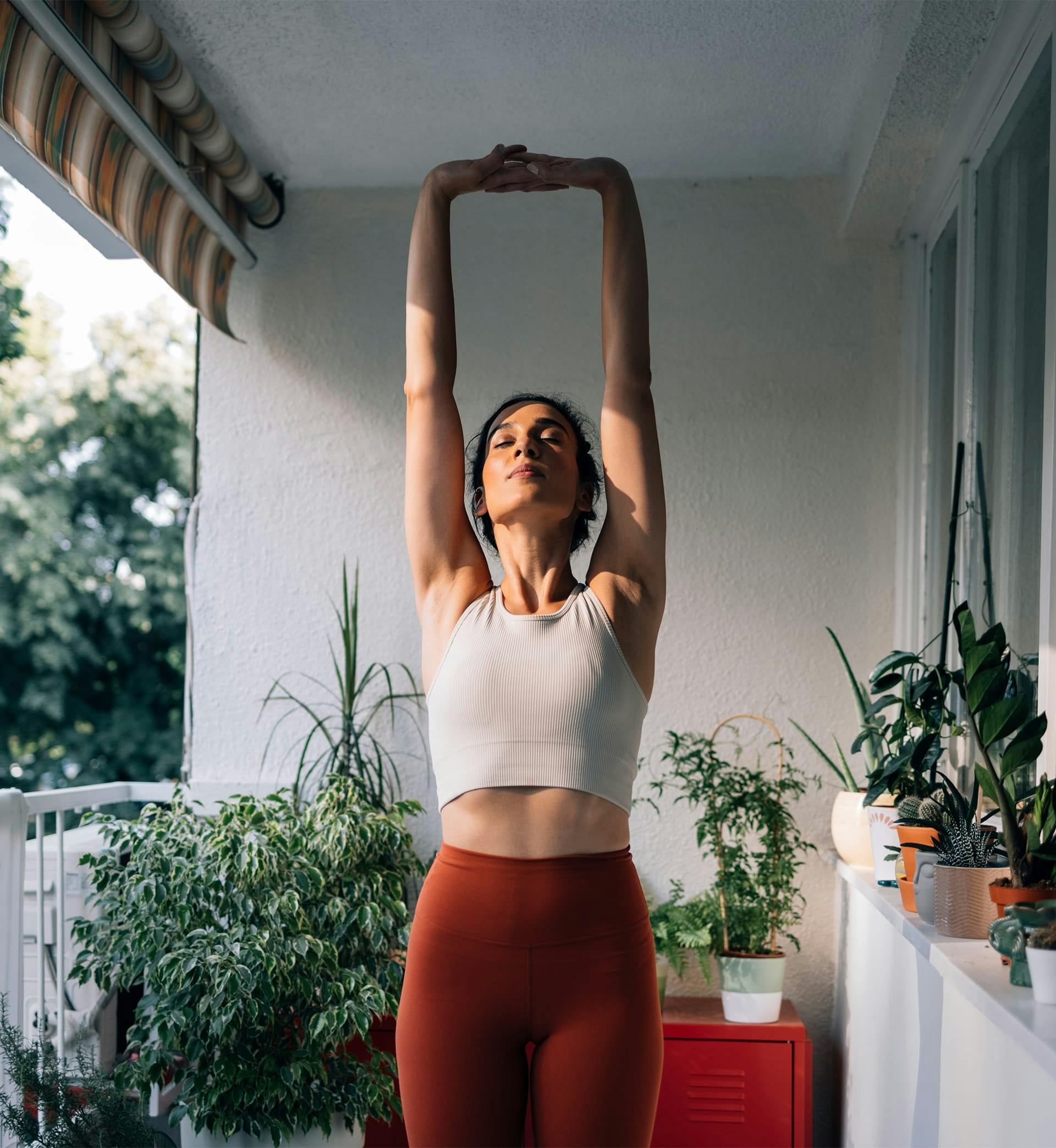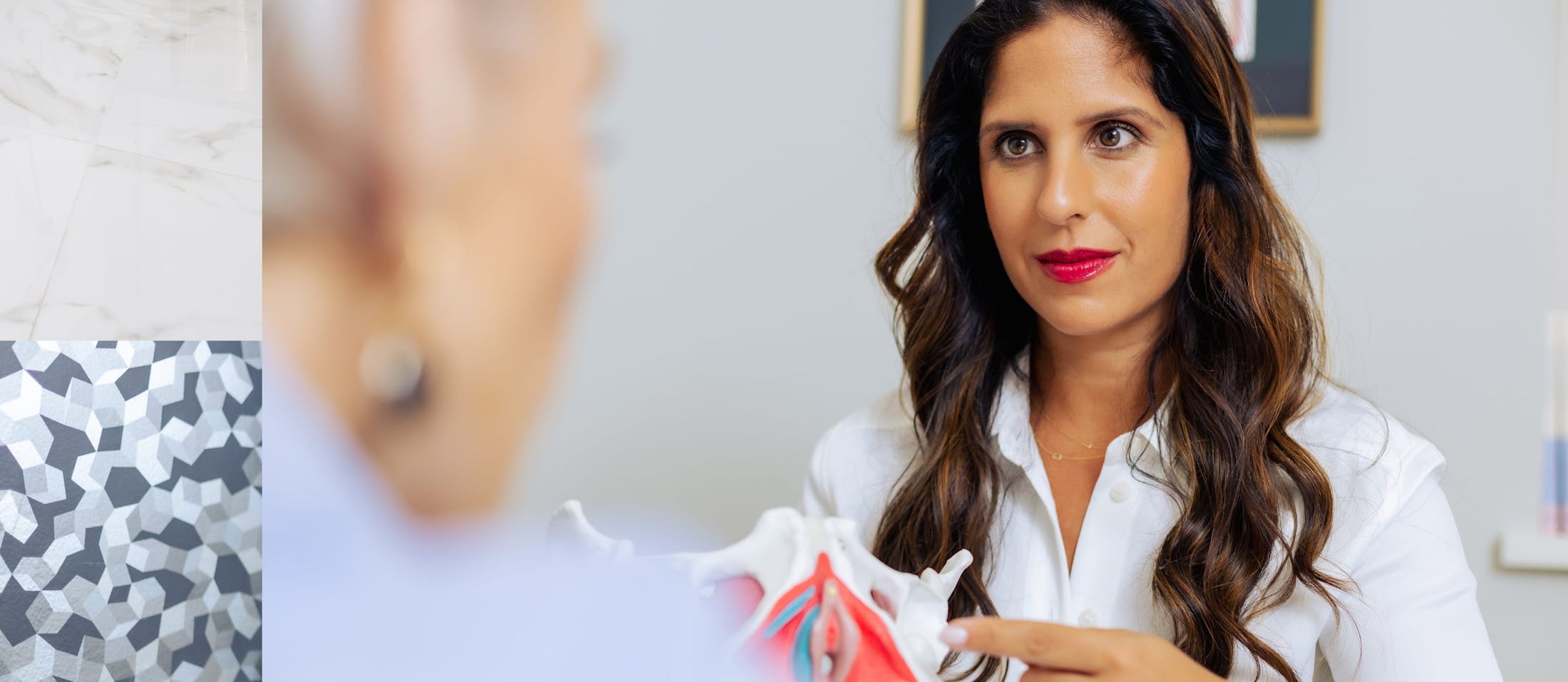Pelvic pain is an uncomfortable but treatable condition that you shouldn't ignore. With the right help, pelvic floor therapy can provide long-lasting relief and improved quality of life. Don't let your pelvic pain go untreated – our doctor is an expert in pelvic pain who can help you get the care you need.
What are some of the causes of vulvodynia and vestibulodynia?
Vulvodynia or vestibulodynia can often be challenging to diagnose, and patients can suffer for long periods. This fact, let alone the intense discomfort, can make life with vulvodynia extraordinarily stressful and upsetting.
While often the exact cause is multifactorial, vulvodynia and vestibulodynia can be associated with:
- Past vaginal infections
- Injury or trauma to the vulvar area
- Hormonal changes
- Allergies or sensitive skin
- Disorders in the pelvic floor
- Neuroproliferative (proliferation of nerve cells) changes
There is no reason to lose hope if you are experiencing this — treatment is possible by working with a pelvic pain specialist.






